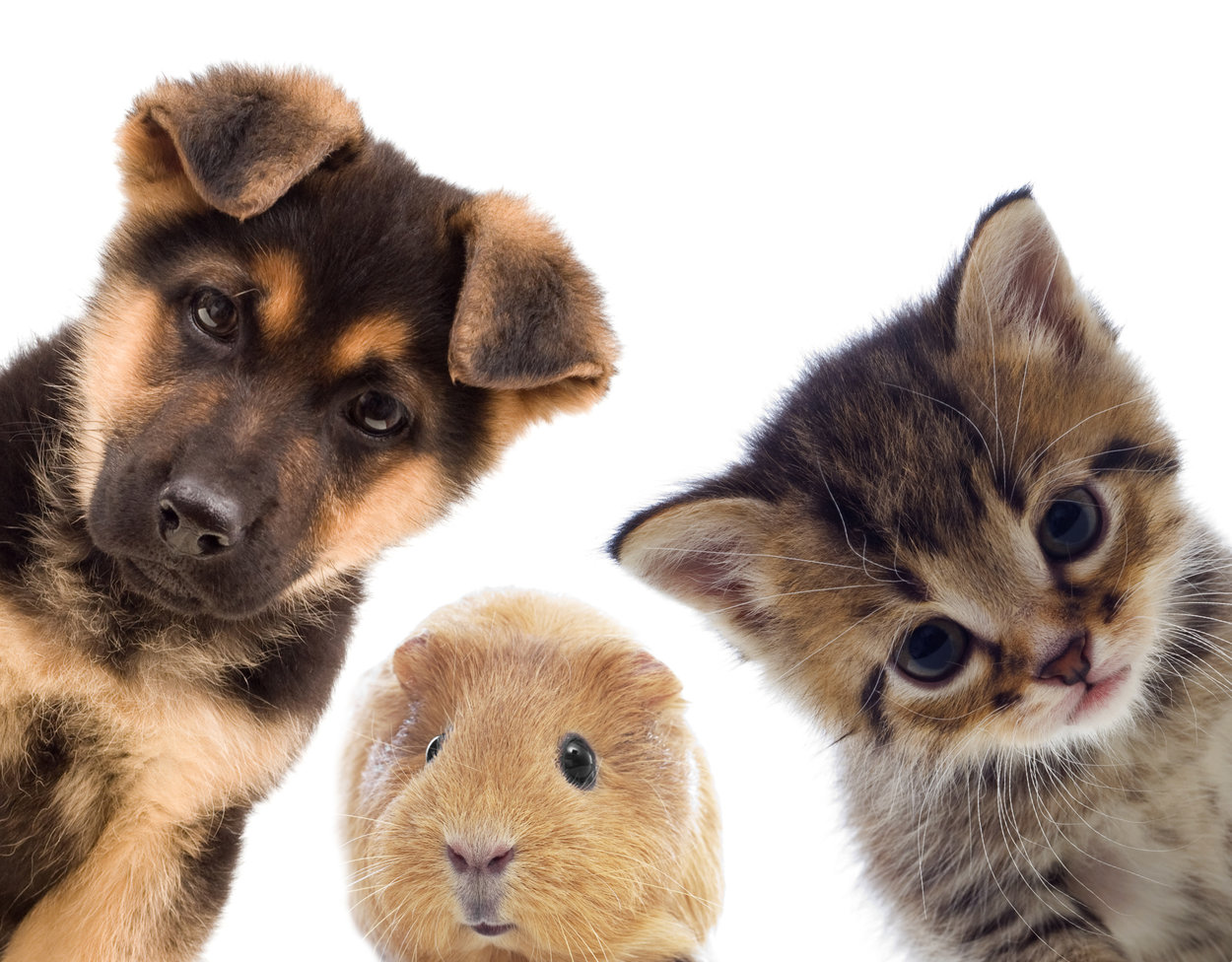BY CLAUDIA MACKAY
Look at these faces! Look at them! We need them! This is the reaction that most people have when confronted with pets faces but these are no ordinary pets. These are therapy animals, animals that spend up to a year in training to help people go through therapy and comfort them while doing so. They are very important to making patients feel better and making the therapy process much more bearable and well you can see why. Who wouldn’t want a cute puppy cuddling you? They can also be put to use in schools to make students feel less stressed about everything that goes on in their lives. The most common therapy animals include dogs (of course), cats, guinea pigs and horses. These animals are picked because they are very friendly and lovable. The animals that are great for therapy animals are easily trainable and often calm and gentle around humans which makes them so lovable. Another thing is that often they are fluffy as it is very calming to stroke fur and it helps calm people down. Our junior school has a therapy dog as well, Alfie is the Junior school’s therapy dog and is there to help with stress about assignments and make the students feel better about what they are doing in school.
Therapy animals in schools have had reported results of increased motivation and confidence which in turn leads to improved results. Animals have also appeared in public places such as public libraries, which have adopted story dogs. They are used to help people with reading difficulties gain confidence, and are chosen for their calm, patient temperament and are there to listen as they are read to. Throughout the ACT there are 15 schools and libraries participating in the story dog program. The movement became more popular after lockdown as it was found that pets at home boosted student engagement. Altogether, it has been proven that therapy animals are highly beneficial to everyone.

